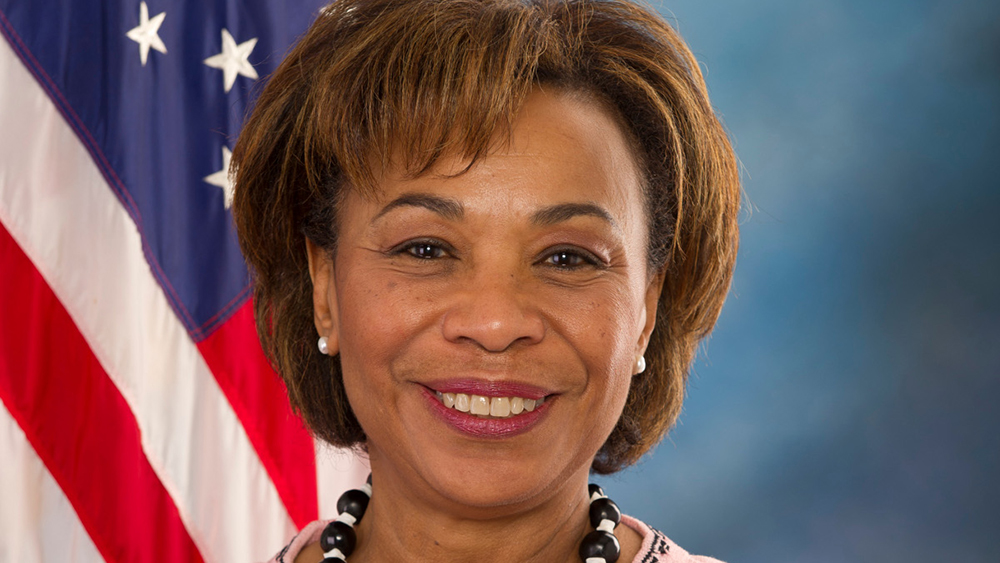On May 21, 2019, members of Congress commemorated the centennial of the 19th Amendment, which granted women their right to vote. This was an important milestone in women’s rights in the United States. 100 years ago when the proposed amendment passed the House of Representatives, a few weeks later, the 19th Amendment passed in the Senate and was ratified in August 1920.
To say that women were given the right to vote would be an understatement. The women of the suffrage movement demanded equality and fought against the anti-suffragists, men and women who opposed women’s voting rights, and the arguments that women did not understand politics because they were too busy with child rearing or were too simple-minded to understand the complexities of politics.
Still, after the passage of the 19th Amendment, our nation continued to discriminate against many non-white women, including Native American women who were unable to vote until 1924, Asian women who were not granted their voting rights until 1952 and Black women who were not granted their rights until 1965. Still, voter suppression based on race, class and geography remains an issue for millions of Americans.
While we honor the efforts of the suffragettes like Susan B. Anthony, Alice Paul and Elizabeth Cady Stanton, we must not forget the sacrifices and achievements of the African American, Latina, Indigenous and Asian women who also fought to fully participate in our democracy.
The National Association of Colored Women (NACW), created in 1896, became the largest federation of local Black women’s clubs. Their first president, Mary Church Terrell, championed both women’s suffrage and racial equality, and coined the phrase “lifting as we climb,” which became the motto of the NACW. This meant that they advocated not only for women’s rights, but also for reforms to improve the status of African American men and women in American society.
A century ago, the suffragists wore yellow roses to show their support for women’s enfranchisement. As we marked the centennial celebration in the House this month, we too wore a yellow rose on our lapels to symbolize our support for the movement. In addition, many members donned a purple ribbon, the color of the NACW. Those purple ribbons were to highlight the work of the unsung “sheroes,” like Sojourner Truth, Ida B. Wells, Mary Church Terrell, Mabel Lee, Adelina Otero- Warren and all of the other women whose names we may never know but without whom many of us would not have our right to vote, nor work in the chambers of Congress today.
This year, there are 127 women in Congress — a record number of women — and the most diverse representation than ever before. Trailblazers like Patsy Mink and my mentor, Shirley Chisholm, paved the way by being the first women of color in Congress. We also continue to fight for the expansion of women’s rights with our re-introduction of the Equal Rights Amendment, a proposed amendment to the Constitution designed to guarantee equal legal rights for all American citizens, regardless of sex.
We recognize the women who worked tirelessly to ensure that all women gained the essential right to vote and participate in our democracy. As we do, let us remember the words of suffragette Mary Church Terrell, “and so, lifting as we climb, onward and upward we go.”
Rep. Barbara Lee is a progressive Democrat representing the EastBay, promoting justice for all, peace and human rights.
